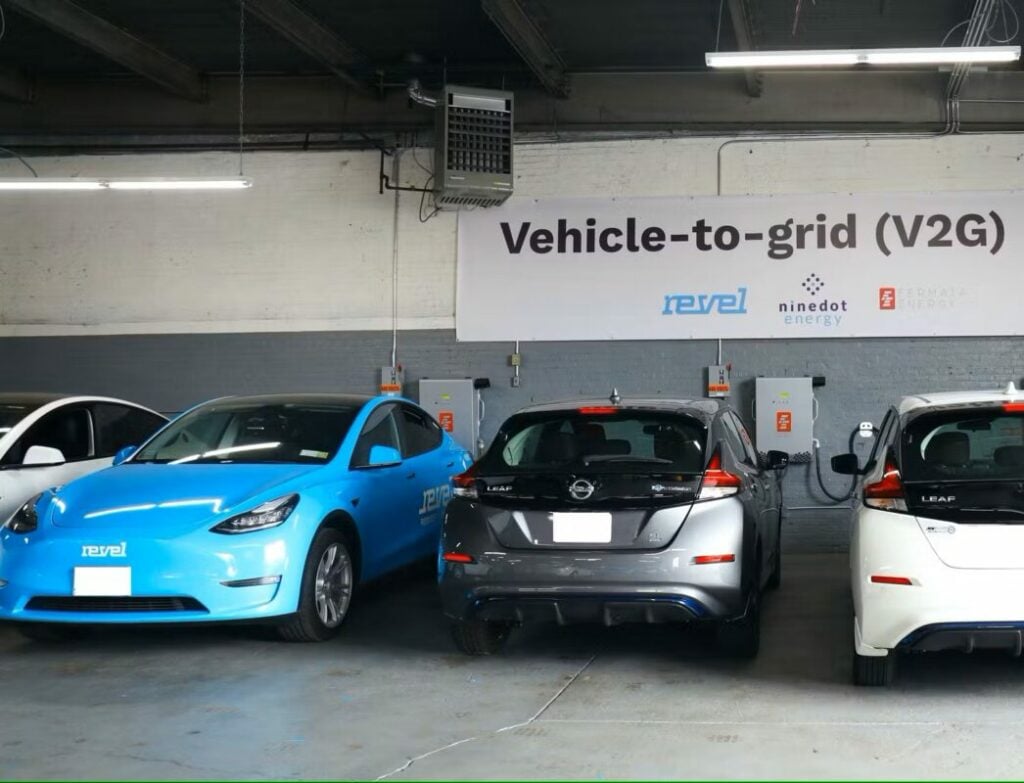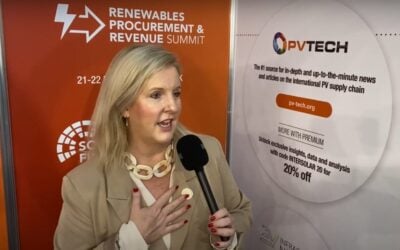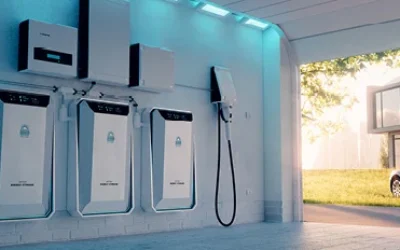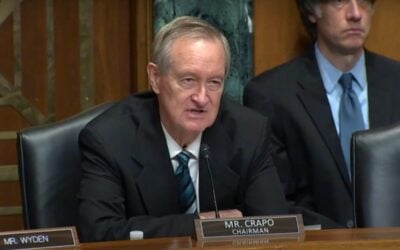
The US state of Maryland will require utilities to allow electric vehicles (EVs) with bidirectional chargers to connect to the distribution grid after new legislation was passed last week.
The state legislature, the Maryland General Assembly, passed HB 1256, aka the Distributed Renewable Integration and Vehicle Electrification (DRIVE) Act, on 2 April. It was sponsored by Delegate David Fraser-Hidalgo.
Enjoy 12 months of exclusive analysis
- Regular insight and analysis of the industry’s biggest developments
- In-depth interviews with the industry’s leading figures
- Annual digital subscription to the PV Tech Power journal
- Discounts on Solar Media’s portfolio of events, in-person and virtual
In addition to its “first-of-a-kind” treatment of bidirectional vehicle-to-grid (V2G) technology, the act also enables the creation of distributed energy resource (DER) virtual power plants that pool the capabilities of home solar PV, batteries, smart thermostats, and other equipment.
The legislation also expands utility time-of-use tariffs to allow drivers to charge their EVs at off-peak rates. The utility rules will apply to investor-owned utilities (IOUs), which are distinct from municipal utilities or cooperatives.
The General Assembly first heard the bill in late February and went through three readings in total before passing it with amendments. It now passes over to Governor Wes Moore, who is reportedly set to sign it in the coming days, although as Maryland struggles with the impact of the 26 March Francis Scott Key Bridge disaster, the timing is apparently a little unclear.
Once signed, the state’s regulatory Public Service Commission will be required by 1 May 2025 to put forward new regulations that will allow EVs to inject energy into the grid as well as drawing energy out.
As trade association Advanced Energy United pointed out, this makes Maryland the first state in the nation to adopt such legislation. Efforts are underway in California to also enable widespread bidirectional charging, with California Senator Nancy Skinner attempting to pass a bill that would require the majority of EVs and EV charging equipment in the state to allow bidirectional charging.
However, that California bill, SB-233, which would have gone into effect in 2027, was defeated in the state assembly. It is not classed as ‘inactive’ on the state’s legislative information site, although an order was made to study the issue further.
It is worth noting that various pilot programmes and studies are being carried out in California, such as launched by IOU Pacific Gas & Electric (PG&E) in 2022.
Elsewhere, V2G and its cousins vehicle-to-home (V2H) and vehicle-to-building (V2B), which all fall under the helpful umbrella term of vehicle-to-everything (V2X), are making progress in fits and starts around the world.
Ford is apparently scaling back production of its new F150 Lightning truck, on which the carmaker has partnered with residential solar provider Sunrun to make it V2H compatible and V2G-ready.
In the UK, energy supplier Octopus Energy has launched what it called the first “mass market” V2G tariff, with the company’s head of flexibility Alex Schoch recently speaking with our UK energy transition site Current about it. Schoch claimed the technology offered “huge opportunity for consumers switching to EVs to save even more money whilst also balancing the grid”.
‘Big step forward for Maryland’s energy transition’
The Maryland legislation follows a series of pilot projects in the state which explored a range of technologies, applications and perhaps most notably, ownership structures for energy storage, from distributed to grid-scale.
Meanwhile the new virtual power plant (VPP) legislation, which will come into effect later this decade, brings Maryland on a par with VPP leaders like California, Texas and Massachusetts, Energy-Storage.news heard.
“The DRIVE Act is a big step forward for Maryland’s clean energy transition as it joins states like Texas and California in leveraging virtual power plants to stabilise the grid when demand surges,” Solar Energy Industries Association (SEIA) mid-Atlantic senior manager Leah Meredith said.
“Harnessing distributed solar and storage systems and using their collective energy will relieve strain on the grid, add resiliency, and expand access to low-cost clean energy for residents across Maryland.”
Sunrun director of public policy Thad Culley described the DRIVE Act as “a massive step forward in Maryland’s commitment to clean energy and building a resilient grid in the face of extreme weather events.”
“By leveraging clean energy technologies in people’s homes, including home solar and storage systems, the DRIVE Act helps us wean off dirty and costly fossil fuels while managing the impacts of electrification on the grid,” Culley said.
Read more of Energy-Storage.news’ coverage of activity in the vehicle-to-grid space.






